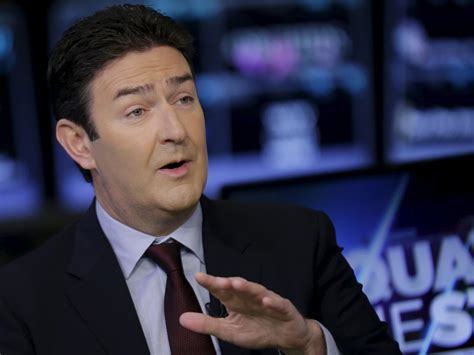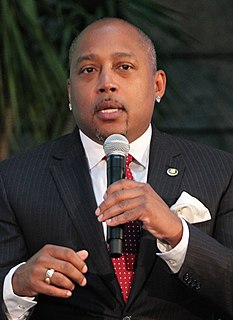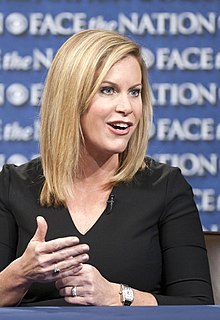A Quote by Whitney Tilson
Wall Street, in the main, hates uncertainty, which manifests itself in depressed share prices of companies whose prospects lack 'visibility.' But where the market can err is in confusing uncertainty with risk.
Related Quotes
The general uncertainty about the prospects of medical treatment is socially handled by rigid entry requirements. These are designed to reduce the uncertainty in the mind of the consumer as to the quality insofar as this is possible. I think this explanation, which is perhaps the naive one, is much more tenable than any idea of a monopoly seeking to increase incomes.


































